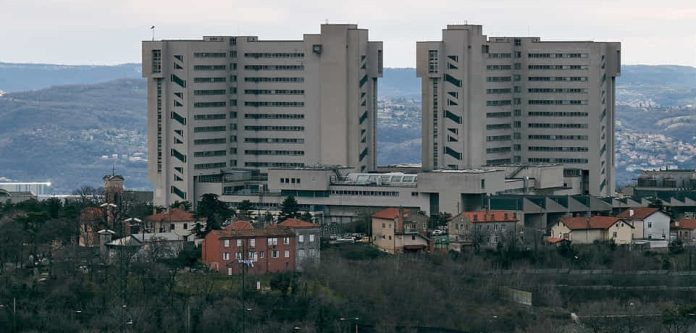by InTrieste
The Friuli Venezia Giulia region is doubling down on its commitment to improving healthcare access, announcing a significant increase in funding to reduce medical waiting times and streamline services. With a total investment of €42 million, the regional government has pledged to continue the aggressive action initiated in 2024 to combat healthcare inefficiencies.
“In light of the results achieved, which show a notable reduction in waiting times and a measurable containment of waiting lists, we have decided to move ahead of national decisions and maintain the momentum,” said Riccardo Riccardi, the region’s Councilor for Health. The investment comes as the region awaits finalization of Italy’s National Plan for Managing Waiting Lists (Pngla) for 2025–27.
The newly approved funding will be allocated to targeted actions designed to reduce waiting times and improve service delivery, including measures to discourage residents from seeking care outside the region. According to Riccardi, the goal is to “offer timely and adequate responses to citizens’ needs.”
Breaking Down the Investments
The additional funding includes €30 million for reducing and recovering waiting lists, distributed among regional healthcare entities as follows:
- €8.35 million for the Friuli Occidentale Health Authority (Asfo)
- €10.78 million for the Friuli Centrale Health Authority (Asufc)
- €10.87 million for the Giuliano-Isontina Health Authority (Asugi)
An additional €12.13 million will be dedicated to the operational recovery plan, with allocations including:
- €2.92 million for Asfo
- €5.13 million for Asufc
- €3.69 million for Asugi
- €200,000 each for the Burlo Garofolo Pediatric Institute and the Cro Cancer Research Center.
The increased funding represents a notable shift from 2024, with an additional €11.2 million earmarked for recovery efforts. Healthcare providers have been granted flexibility to design customized solutions tailored to specific local needs.
Prioritizing Critical Care
The new guidelines set a hierarchy of priorities for medical interventions:
- Elective surgical hospitalizations, specialist outpatient services, and treatments for oncological conditions such as prostate, breast, and lung cancers that were on waiting lists as of December 31, 2023.
- Similar services pending as of December 31, 2024.
- Other services added to waiting lists starting January 1, 2025.
Riccardi emphasized the importance of organization, information sharing, and results monitoring, particularly in an era of limited professional resources. Healthcare entities must report periodically to the Regional Health Coordination Agency and the Central Health Directorate, documenting the use of funds and progress made.
A Pandemic-Era Reset
The regional healthcare system’s renewed focus on efficiency follows years of disruption caused by the COVID-19 pandemic. “In just a few months, we managed to restart the system, restoring its rationality and effectiveness,” Riccardi noted. The 2024 efforts successfully reduced waiting times, setting the stage for this year’s expanded investments.
The funding boost is also part of a broader strategy to ensure that unused funds are reserved for future healthcare improvements. If healthcare providers do not fully utilize the allocated funds by December 31, 2025, they must earmark the remaining amounts for similar initiatives.
Looking Ahead
While the regional plan operates independently, it incorporates recommendations from Italy’s National Technical Table, ensuring alignment with broader healthcare goals. Riccardi expressed confidence that these investments will further enhance Friuli Venezia Giulia’s healthcare system, providing timely and high-quality care for all residents.





























